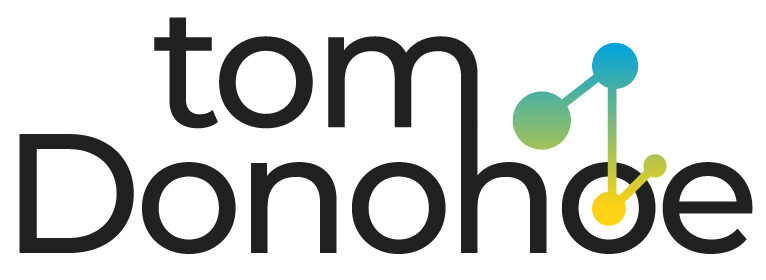Benefits of SEO for Your Small Business

Small Business SEO Benefits
A Conceptual Shift
It’s common for small-sized local and small-sized businesses to think of SEO as too complicated or costly. Although not every company needs SEO, you could miss out on the benefits SEO can bring to your small-scale business if you don’t consider it a practical approach to lead generation. Small businesses today should think about SEO as a resource to compete with more prominent brands, draw the attention of new customers and leads and create a reliable longer-term supply of information via the internet and aren’t going to “turn off” when the budget for advertising is exhausted.
The Nuts and Bolts
Take a look at SEO from the point of view of search engines. Search engines’ efforts are designed to improve the user’s experience. Searchers require reliable and relevant results and reliable information that they can utilize. Additionally, they are classified as “inbound leads,” i.e., individuals actively seeking products or services. Search engines are trying to present the information requested to users with as accurate and as much value as possible. Google has outsmarted older search engines such as AOL, MSN, and Ask.com by focusing on precise results from searches. While Bing and Yahoo aren’t as popular with users as Google, they’re an excellent source of website traffic.
SEO Vs. Paid Ads
When you have an SEO campaign, your website is designed to aid in these searches. Instead of having to pay “per click” on a paid advertising campaign, your website will rank organically on the first page of the results of a search. Another advantage of SEO for small-sized companies is that it’s simpler to budget an annual cost for SEO compared. The paid ads (PPC) advertising campaign. SEO campaigns don’t change based on a “cost per click” rate every month. SEO develops itself to produce long-term results. When the budget is exhausted for PPC, the campaign shuts off, and leads disappear. With SEO, after your website is recognized as an authority in your industry, you can keep the SEO budget the same and see an increase in site visitors and leads.
Suppose you’re already investing in PPC or other advertising. In that case, your SEO team can use the data provided to “fast track” your SEO campaign and develop a strategy using the data it offers. SupposeSuppose the SEO market is highly competitive for your particular niche (i.e., the primary rivals are as large as Amazon within your sector), in that case. In that case, running a PPC campaign to help build brand recognition and generate leads as the SEO campaign grows in popularity is possible.
Content Marketing & Keywords
Monitoring the return on investment from content marketing has improved over the last few times, and an award-winning digital marketing company can make the most of information and use it to improve SEO. The method was initially unclear and was as if you were throwing things against a wall to determine what “sticks” with your audience. Today, content marketing is used alongside small-business SEO that blends popular topics with keyword research to fill content calendars with publishing optimization, marketing, and initiatives. At Knowmad, we utilize an array of analytics.
Content marketing has been around for some time. However, the practice of the content market has grown more sophisticated to work the SEO framework:
Create a content calendar that will support specific and targeted SEO strategies that can result in results
Find the kinds of content that be a hit with your intended people at all stages in the sales funnel, such as blog posts, white papers, podcasts and webinars, videos, informational pages, FAQ pages, infographics, and more.
Analyze the performance of your content over time and ensure you’ve got your SEO budget for crawling optimal to optimize for SEO.
Use the specific buyers’ personas and Digital marketing KPIs to ensure that content marketing efforts can draw the correct type of lead and visitor.





